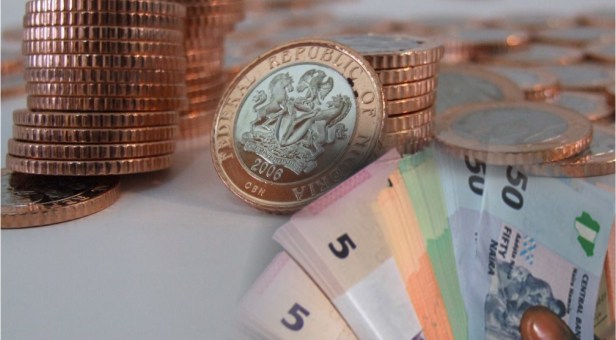
The Nigerian Senate has asked the Central Bank of Nigeria to convert lower Naira notes to coins to facilitate “highly repetitive” retail transactions.
The Senate gave the advice on Tuesday after Mustapha Bukar (Kastina South) spoke about the implications – of the rejection of existing coin denominations- on the economy.
Bukar said;
“The local retailers keep rejecting the coins because commercial banks won’t accept them as deposit, even when they are reflected on paper, and the CBN still recognizes them as legal tender,”
“Since the three coin denominations of 50 kobo, one kobo and 10 kobo have lost their values due to inflation, the conversion of lower currency notes to coins will facilitate retail transactions in the economy, like we have in developed countries,”
“Despite the huge budget by the CBN on sensitising Nigerians on the need to accept coins, the transaction chains were broken and banks and customers reject the currency, thus, promoting corruption and escalating inflation to the extent of diminishing the value of the coins.”
According to Premium Times, Bukar quoted “experts” who are of the view that coin denominations were important in helping control devaluation of country’s currency. Taking an instance from the U.S.A, he said a reason why one cent had not phased out is “due to inflationary ramifications of such a move”.
“In Nigeria, there are two types of retail payments; the highly repetitive small value transactions, such as urban transportation, sweets, cigarettes, kola nuts, sachet water, vegetable etc., as well as, less frequent but high value transactions like clothing, footwear, raw foodstuff, electronics etc.
“Countries regularly upgrade their coinage to keep pace with the prices of this category of retail items,” Mr. Bukar explained.
Following the motion, the Senate, led by Ike Ekweremadu, then advised the CBN to intensify efforts to bring coins back into the economy.
It suggested that the CBN impose sanctions on any commercial bank that rejects coins as deposit.

